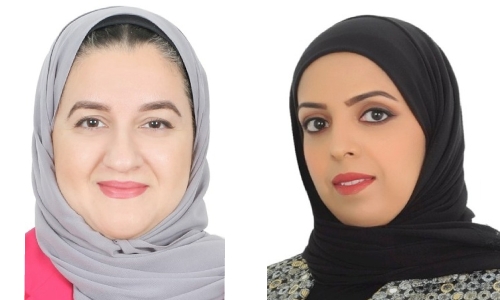Project to focus of 14 dialects of Bahraini Arabic
TDT | Manama
The Daily Tribune – www.newsofbahrain.com
Staff Reporter
Sitrawi, Muharraqi and Riffayan dialects are set to hit the limelight as two professors at the University of Bahrain are all set to launch the “Bahrain Thesaurus” project by the second half of the current year.
According to language experts, Bahraini Arabic has 14 dialects, which varies from village to village.
The project is being carried out by Dr Dana Abdullah Abdulrahim, the Director of English Language Centre at the University and Dr Latifa Shamsan Youssef, a teaching staff within the English Department.
The project will focus on half a million Arabic words that are commonly in use across the Kingdom.
Speaking to our sister paper Al Ayam, Dr Dana said: “This idea came to my mind while pursuing my doctoral studies in Canada and I began collecting data for the purpose nearly 12 years ago.
I discussed the idea with Dr Latifa, who showed great enthusiasm to move forward and thus the project was born.”
“Lot of research is required in the study of linguistics,” she said, adding that the project aims at providing an electronic database for the dialect to facilitate further learning and research for linguistic enthusiasts.
She said the project would provide a comprehensive dictionary of Bahraini dialect for those wishing to learn it.
Dr Shamsan said the project relied on collecting recordings of Bahraini series and talk shows before transcribing them based on methodologies adopted by the New York University team in Abu Dhabi while researching colloquial dialects in the Arab world.
She said that the project will be available on a website along with search options for specific words and dialects.
A team of students pursuing linguistics courses at the university were hired to transcribe conversations in colloquial dialect through television series, folk stories, talk shows and plays.
Nearly 350 students participated in the process of documenting these conversations for over five years.
Programmers and website supervisors are expected to join the project soon.
Related Posts

